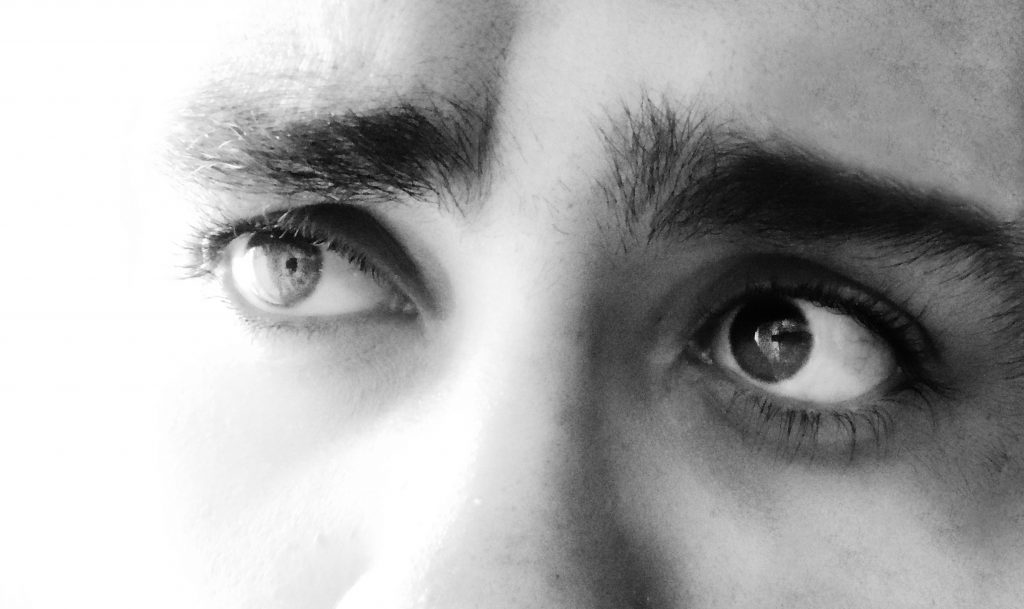Addressing the trauma that is the source of your triggers and adopting some coping mechanisms will help you live your best life, holistic psychotherapist Bushra Khan told me on an episode of Wellness Curated.

‘Triggered’. It’s a word that comes up so often these days, it could well be chosen as the word of the year. But what does it mean to be triggered, and why is it important to not dilute the term through overuse. Well, for one thing, there’ s a difference between being uncomfortable and being triggered. Those who have suffered trauma and continue to experience its after-effects for years afterwards, would tell you that ‘triggers’ can impact their lives so adversely, it’s simply not a word one you want to toss around lightly.
Speaking to me on this episode of Wellness Curated, holistic psychotherapist Bushra Khan pointed out that emotional triggers – the things that make us respond to situations or circumstances with anger, fear, anxiety, the unaddressed trauma that can even reduce us to tears, cause recurrent nightmares or keep us from forming healthy relationships – are rooted in emotional trauma. Although we can have traumatic experiences in adulthood – a car accident or verbal or physical assault, for example – most people are triggered, Khan says, “by something that occurred in one’s childhood”. She explains that when something happens in our life later on that then reminds us of that traumatic incident or experience we experienced in childhood, “when something strikes that nerve, we get triggered by it and react in anger or in a chaotic way”.
“Trauma is not drama,” says award-winning psychiatrist and cognitive behaviour therapist, Dr Shefali Batra, who runs Mindframes, through which she works with people across age-groups. She wants to highlight the seriousness of ‘triggers’, which can be crippling for people, and the reality that it’s more commonplace than we imagine. This is important because, more often than not, people tend to underplay what they’re feeling, or keep it to themselves.
People sometimes feel that not talking about what they’re experiencing will just make it go away. It’s like sweeping a banana peel under a rug. You may not see it, but it’s there, and it’s rotting. Leave it for long enough, and it will start stinking and start attracting worms and microbes
- Dr Shefali Batra, Psychiatrist and Cognitive Behaviour Therapist

“There’s tremendous societal stigma around consulting a therapist,” says Dr. Batra. It doesn’t help that people also tend to give undue importance to ‘stoicism.’ “They may feel they should suppress what they’re feeling. And, more often than not, people feel that talking about their feelings or what they went through as children, will make things worse. Conversely, they also feel that not talking about what they’re experiencing will just make it go away,” says Dr. Batra, pointing out that this is about as logical as sweeping a banana peel under a rug. “You may not see it, but it’s there, and it’s rotting. Leave it for long enough, and it will start stinking and start attracting worms and microbes,” says Dr. Batra, emphasizing that the only way to deal with triggers brought on by trauma is to recognise and accept what you’re going through and make efforts to develop better coping mechanisms. In this episode of Wellness Curated where I speak to Richie Bostock, ‘the Breath Guy’, on mindfulness, you may find some useful tools to help you understand what you’re really feeling and thinking.
How do triggers affect us?
Your triggers are pointing to something that hasn’t been healed
- Bushra Khan, Holistic Psychotherapist

“We all get triggered. It comes from something we have experienced,” says Bushra Khan, pointing out that it’s not just about the event but about the beliefs created by the traumatic event. “Some common beliefs are: I’m unlovable; I’ve brought this upon myself; something is wrong with me; I’m always abandoned by people I care about; I’m not worthy of love…,” she says.
“When someone (in adulthood) makes us feel like we’re not good enough or if someone is not available for us, we get triggered because we are holding onto these beliefs that were created by a dysfunctional family or through what happened in childhood. Those, then, become our core beliefs,” Bushra explains. To hear more about how triggers are created and at what stage in life, listen to the full episode with Bushra Khan here.
“Your triggers are pointing to something that hasn’t been healed,” she says.
What you can do

Celebrated psychologist Guy Winch, author of The Squeaky Wheel and Emotional First Aid, the latter also being an approach to healing that he’s pioneered, has written about this extensively. Winch points out that people find many ways to justify this kind of negative self-talk, telling themselves that it keeps them grounded, for instance, or that it’s their way of preparing for the disappointment that they feel is inevitable, or even that they deserve it. Winch says that one simple way to counter this tendency is to consider whether you’d tell a friend exactly what you’re saying to yourself. For example, if a friend’s relationship has just ended, would you say to the person, “You’re not worthy of love”, or if a friend’s business shuttered, would you tell the person, “You’ve always been a failure”? Thinking about this helps people realise that they’re being unduly cruel to themselves, and although changing this habit takes work and time, recognising this may at least stop the internal chatter that hurts them.
Khan, too, underscores the need to for self-awareness. “You can’t erase what happened; so, you need to find a way to accept it,” she says. “Once you understand what you’re operating from, you can start to heal from it,” says Khan.
Here, she lists techniques and tools that will help you identify and cope with triggers spawned by trauma.
Also listen to Prof. Prahalad Singh Chahar on how breathwork can deliver clarity and calm.

